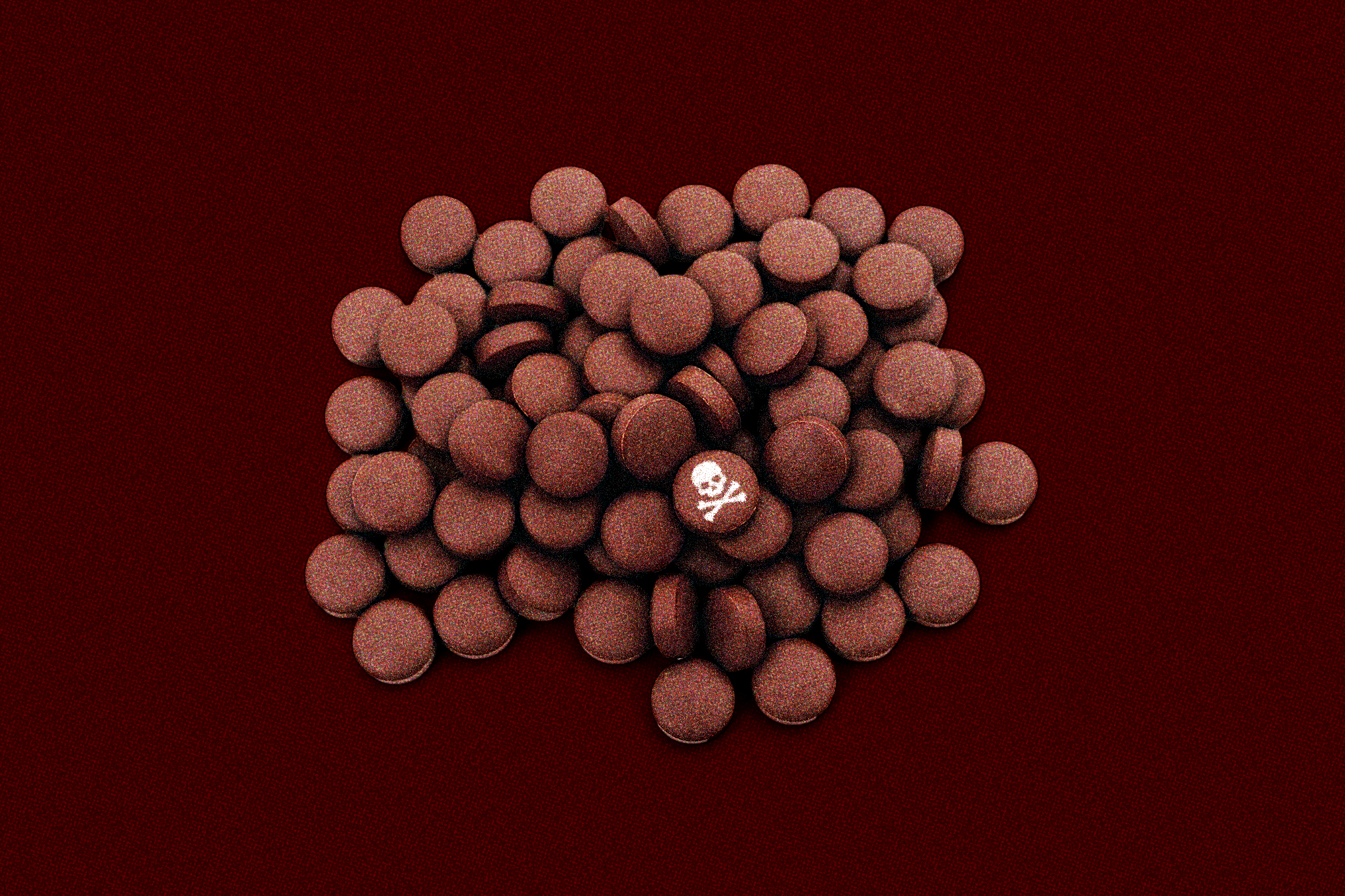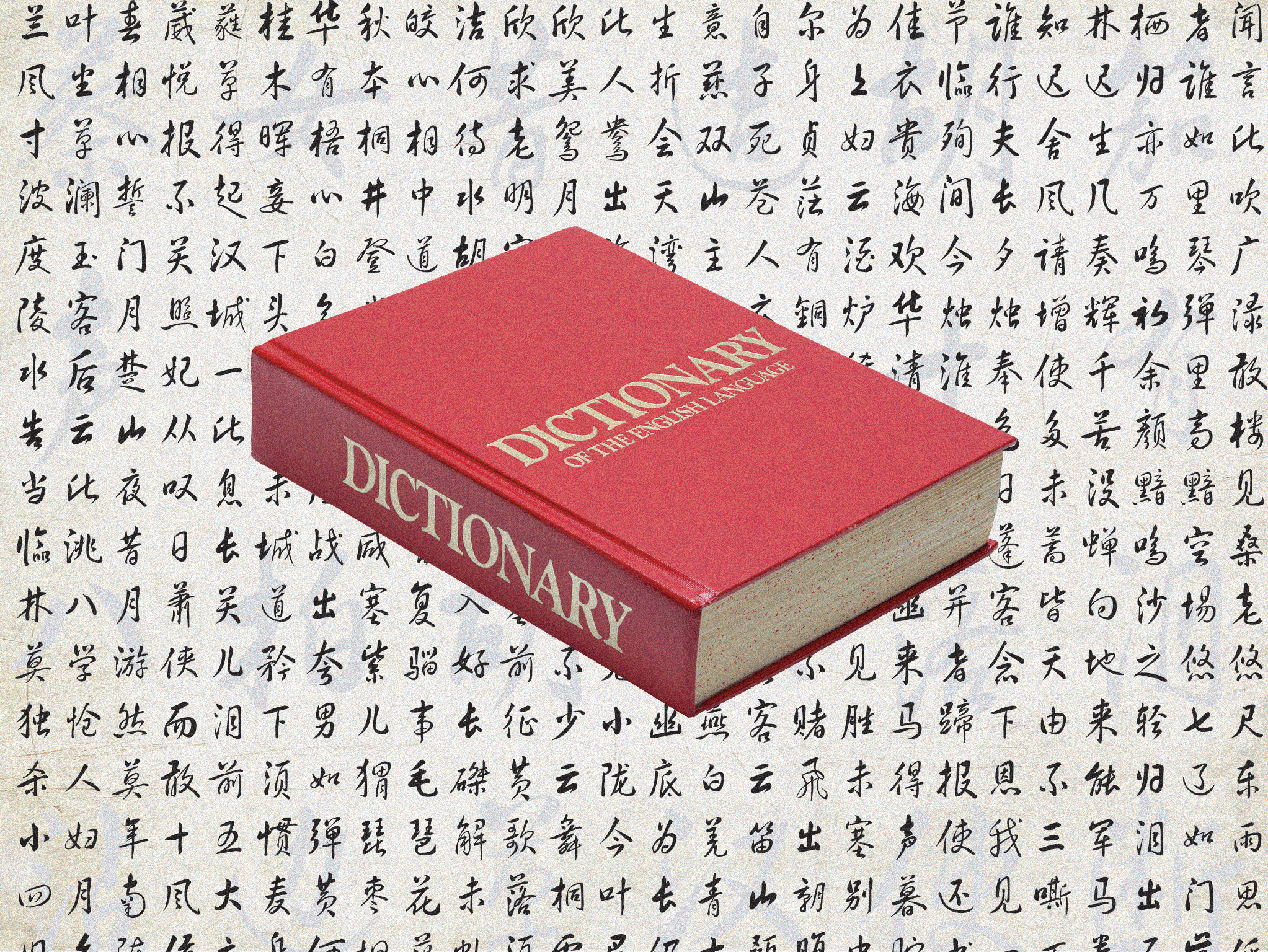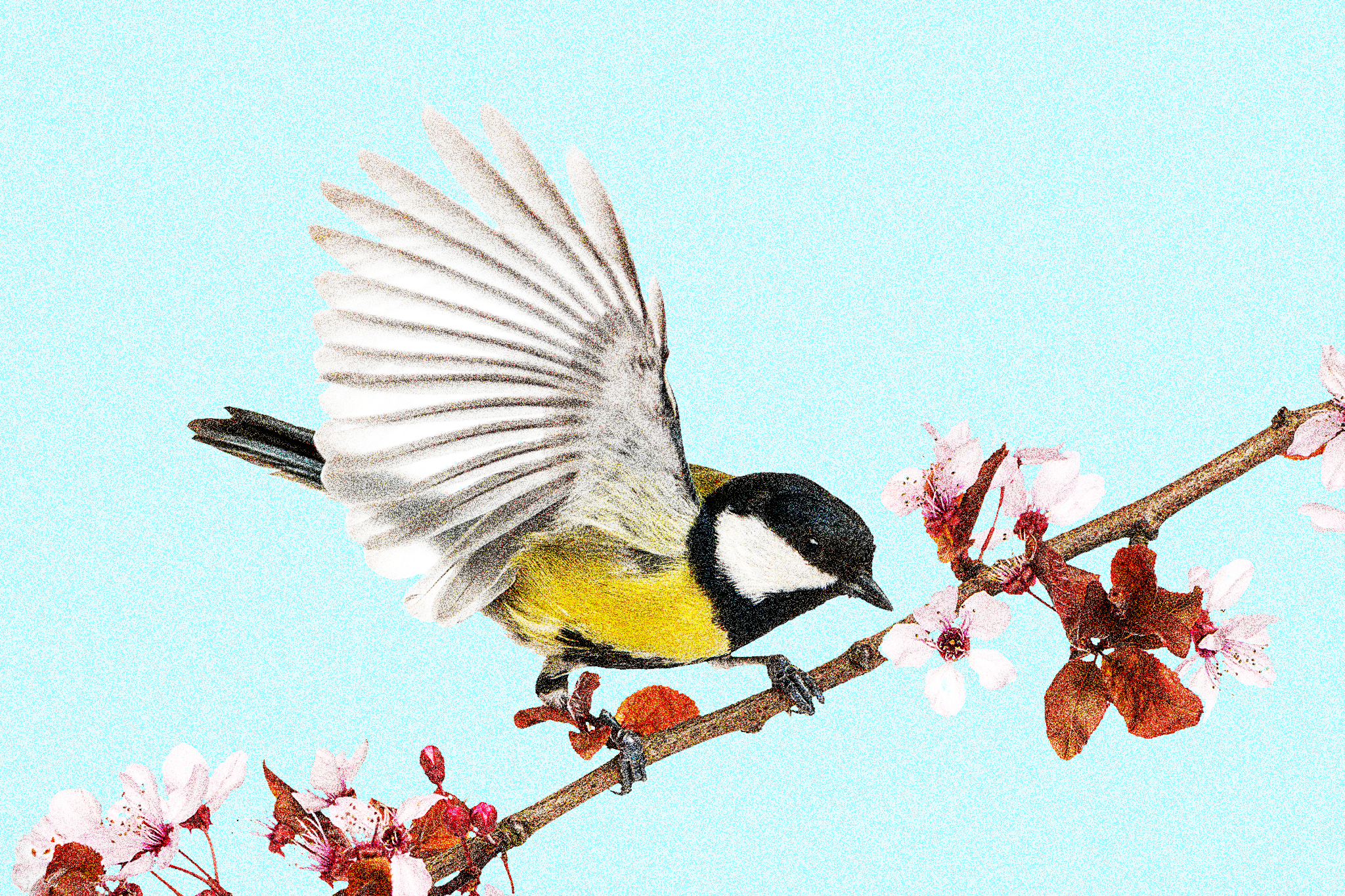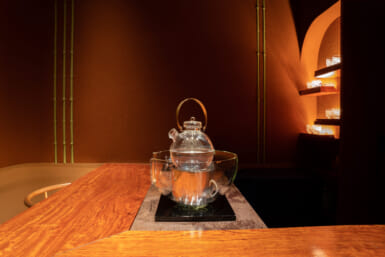In this week’s news roundup, we report on Takarazuka Revue’s apology to the bereaved family of a former cast member for power harassment over her sudden death. We also have the latest on the growing health scare surrounding Kobayashi Pharmaceutical’s “Beni Koji choleste help” supplements, Shohei Ohtani’s press conference and Takerufuji’s historic triumph in Osaka. Plus, University of Tokyo researchers discover that birds can make gestures and there are some new Japanese words in the Oxford English Dictionary.
Takarazuka Revue Admit to Claims of Power Harassment
At a press conference on Thursday, the all-female theater company Takarazuka Revue admitted that power harassment by senior members of its troupe contributed to the death of one of its former members. The unnamed 25-year-old actress was found dead on the premises of her apartment complex in Takarazuka last September. Hyogo Prefectural Police suspect she took her own life. Family members claimed older members of the organization committed 15 acts of power harassment against the deceased woman. This included character-denigrating remarks and, on one occasion, someone burning her forehead with a hair iron.
“We’ve committed an irretrievable act toward the individual who entered the revue with high hopes and to her bereaved family. There’s no way for us to explain away what happened,” said Yasuo Shimada, president of the troupe’s parent firm, Hankyu Hanshin Holdings Inc. An investigation into the actress’ death last November didn’t confirm any incidences of harassment or bullying. It did, however, acknowledge the psychological stress she was under as a result of long working hours. The bereaved family criticized the report and released a written opinion alleging power harassment on December 7, 2023.

Two More Deaths Linked to Beni Koji Supplements
On Thursday, Kobayashi Pharmaceutical announced two more deaths that are potentially linked to its dietary supplements containing red yeast rice called “beni koji.” That’s now four deaths under investigation by the company. All four suffered from kidney conditions after taking “Beni Koji choleste help.” More than 100 others have been hospitalized. According to Kobayashi, the products manufactured from April through December last year may contain an “unintended substance” that caused the deaths and illnesses. “We need to make clear the cause and consider various responses if necessary,” Prime Minister Fumio Kishida told parliament yesterday.
An investigation began after a doctor alerted the company to reported health problems in January. A hotline for customers was subsequently established. Those affected have reported symptoms such as fatigue, swelling in their limbs and changes in the color of their urine. Last week, Kobayashi issued a voluntary recall of five products. It has also urged customers to stop using any supplements containing beni koji. Widely used as a food coloring, the yeast-fermented rice contains lovastatin, which is said to lower cholesterol. However, the ingredient is also capable of producing citrinin, which can damage the kidneys.

Shohei Ohtani Denies Any Involvement in Gambling Scandal
Speaking at a press conference on Monday evening, Shohei Ohtani said he was “very saddened and shocked” regarding the allegations that his friend and interpreter Ippei Mizuhara had lied to him and stole millions from his account to pay off gambling debts. “I never bet on baseball or any other sports,” he added. “I never asked somebody to do that on my behalf and I have never gone through a bookmaker to bet on sports.” It’s the first time Ohtani has spoken publicly since revelations about Mizuhara’s gambling came to light. Will Ireton interpreted for him.
“Ippei has been stealing money from my account and telling lies,” said the Dodgers two-way superstar. “Last weekend in Korea, the media reached out to my camp inquiring about my potential involvement in sports betting. Ippei never revealed to me that there was this media inquiry. He told the media that I — on behalf of a friend — paid off a debt. Upon further questioning, it was revealed that it was actually, in fact, Ippei who was in debt and told my representatives I was paying off those debts. All of this has been a complete lie.”
Takerufuji Secures Historic Title Victory
Takerufuji made history on Sunday, becoming the first newly promoted makuuchi division wrestler to win a top-division tournament since Ryogoku in 1914. In his final bout of the Spring Grand Sumo Tournament, the 24-year-old Aomori Prefecture-native overcame Gonoyama to finish with a record of 13-2. It was an impressive performance by the bottom-ranked No.17 maegashira, especially given the fact that his participation on the last day had been in doubt after he’d injured his ankle during a loss to former ozeki Asanoyama. Barely able to walk, he needed a wheelchair as he headed to hospital.
That night, Takerufuji reportedly told his stablemaster, the former yokozuna Asahifuji, that it would be difficult to continue. Asahifuji agreed, telling him not to go through with it as he couldn’t use his strength. One man, however, saw things differently. Terunofuji, the sport’s only active yokozuna right now and the wrestler who guided Takerufuji into the sumo world, encouraged him with the words, “You can do it.” That was all the convincing he needed. “I didn’t want to waste what I’d built up. I would’ve regretted not participating for the rest of my life,” said Takerufuji after his triumph.

23 New Japanese Words Added to Oxford English Dictionary
Kuge, meaning court noble, was the first Japanese loanword to appear in the English dictionary in 1577. The list has been steadily growing since and today there are hundreds of them, such as anime, emoji, hikikomori and karoshi. The Oxford English Dictionary (OED) is updated on a quarterly basis to include revised versions of existing words, as well as new words and senses. This time around, 23 new Japanese words have been added, including several related to food or cooking such as donburi, okonomiyaki, takoyaki and santoku, a knife with a short flat blade that curves down at the tip.
Some Japanese entertainment-related words and phrases have also entered the OED such as isekai, a genre of science or fantasy fiction in which ordinary people are transported into a magical world, as we saw in Hayao Miyazaki’s Oscar-winning movie, The Boy and the Heron, as well as fan service, which describes material in a work of fiction that’s added to please the audience, often involving nudity or sexual imagery. From the arts, there’s kintsugi, which means to “join with gold,” while also encouraging people to embrace imperfection, and kirigami, a variation of origami that involves cutting.

Japanese Tits Have Polite Bird Etiquette, Researchers Find
Apparently, it’s not only humans and apes that engage in gestural communication. According to new research at the University of Tokyo, Japanese tits (Parus minor) use their wings as a gesture to politely convey the message “after you,” to their partners. “In our latest discovery, we revealed that the Japanese tit uses gestures to communicate with their mate,” said Associate Professor Toshitaka Suzuki in a statement. “I hope this leads to much more research on gestures among other animals,” he added. Suzuki and his co-author Norimasa Sugita observed 16 parent birds returning to their nest boxes on 321 occasions.
In spring, Japanese tits build nests with small entrance holes after they’ve formed a mating pair. These holes aren’t big enough for the two birds to go through at the same time, so they must enter one after the other. During their research, which was conducted in Nagano’s Kitasaku district between May and June of last year, Suzuki and Sugita found that the birds would often rest on a perch outside the nest before making a flapping gesture for their mate to enter. This was performed more often by the female birds than by the male ones.









